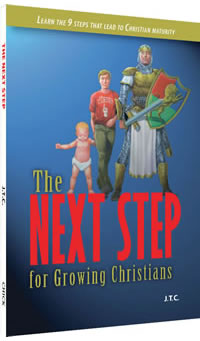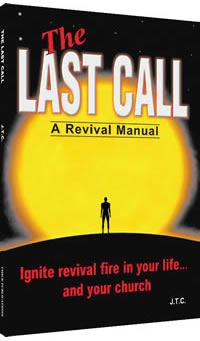Confusion in the Pews

New research shows a troubling trend in America’s churches: regular attendees are increasingly unsure what the Bible actually says. Issues once considered clear-cut —like sexuality, family, and morality— now leave many Christians confused. Even foundational truths seem to be losing their stronghold inside the very institutions meant to teach them.
The Family Research Council and Arizona Christian University’s Cultural Research Center surveyed over 1,000 adults who attend church regularly. Compared to two years ago, certainty about Scripture’s guidance has slipped sharply. In 2023, nearly two-thirds of churchgoers said the Bible was “clear and decisive” on abortion. By 2025, barely half agreed. Confidence regarding the Bible’s stance on homosexuality dropped from 63% to 47%, and clarity on transgenderism fell from 52% to 40%. Large numbers now describe the Bible as unclear, ambiguous, or silent on these hot-button topics.
Tony Perkins, president of the Family Research Council, says the real crisis is not that churches are teaching the wrong things — but that many pastors are avoiding these topics altogether. Fear of offending congregants has created a vacuum that secular culture eagerly fills. Churches that preach systematically through Scripture, Perkins argues, avoid this problem because clear teaching naturally arises when the whole counsel of God is proclaimed.
The uncertainty isn’t limited to issues on sexuality. New data shows that while most churchgoers still affirm a traditional definition of marriage, fewer than half define “family” as a husband, wife, and children. The disconnect is stark: people are able to affirm a biblical view of marriage but do not connect it to the biblical picture of family.
This inconsistency points to the drift in influential evangelical institutions that gradually softened moral commitments while seeking cultural acceptance. Even basic Christian beliefs that everyone used to agree on now mean different things to different people.
Dr. Joseph Mattera, a Brooklyn-based pastor and author, traces the entire problem to postmodern thinking within the Church. Postmodernity rejects absolute truth, elevating personal experience and cultural trends above God’s Word. Once it takes hold, preaching, discipleship, and leadership standards all erode.
Mattera notes that many churches now present salvation as a personal journey rather than a call to repentance and faith in Christ alone. Standards for volunteer leadership weaken as skill becomes more important than character. Sermons increasingly resemble self-help talks focused on stress management and personal improvement rather than confronting sin and pointing to the cross.
Ethical clarity fades as churches grow reluctant to speak openly on abortion, sexuality, and other culturally sensitive issues. Worship prioritizes experience over truth, and success is measured by crowd size rather than spiritual formation.
Step back, and a clear pattern emerges. Where the Bible isn’t taught with clarity, confusion fills the gap. Marriage and family definitions fracture. Moral absolutes fade. Even regular churchgoers start doubting Scripture because they seldom hear it taught.
This is the result of years of avoiding tough topics, softening doctrine, and replacing clear Bible truth with watered-down motivational messages, and has produced a generation unsure of Scripture’s guidance. Words like truth, sin, marriage, and salvation no longer carry a meaning everyone understands.
So, what are we to do in the face of such decline? Believers must preach and teach the Word boldly, practice what the Bible teaches, and share the gospel. With tools like Chick tracts, we can help place truth directly in the hands of those who are searching. When we step up in our communities and take the initiative to proclaim truth, we help stem the tide of confusion and guide others back to the clarity of God’s Word.
- See more articles on related topics:
- For Christians
- Other Subjects
- Counterfeit Church
- LGBTQ
Products of interest:
-

Stories from the Bible
176 pages
These beautiful illustrations help tell the true stories of some of the biggest Bible figures. You'll get a fresh mental picture of what it was like for these heroes of the Bible. -

This Was Your Life
Everything you have said or done will be played back at judgment. Will your name be in the Book of Life? -

All God's Creatures?
Grandpa hears Sam preach to his toy "creatures" and realizes he needs Jesus, too. -

Royal Affair, The
When King David repented of his sin with Bathsheba, God forgave him. Repent, and God will forgive you, too! -

Things to Come?
If the fortune-teller can’t see accurately what’s coming, who can? Delores found out there IS someone. -

Next Step, The
64 pages
In this fully illustrated, easy reading book, Jack Chick uses cartoons to teach basic Bible concepts for Christians. A great gift for anyone who wants to grow spiritually. -

Last Call, The
64 pages
If you are serious about revival in your life, home, or church, this book is for you.
